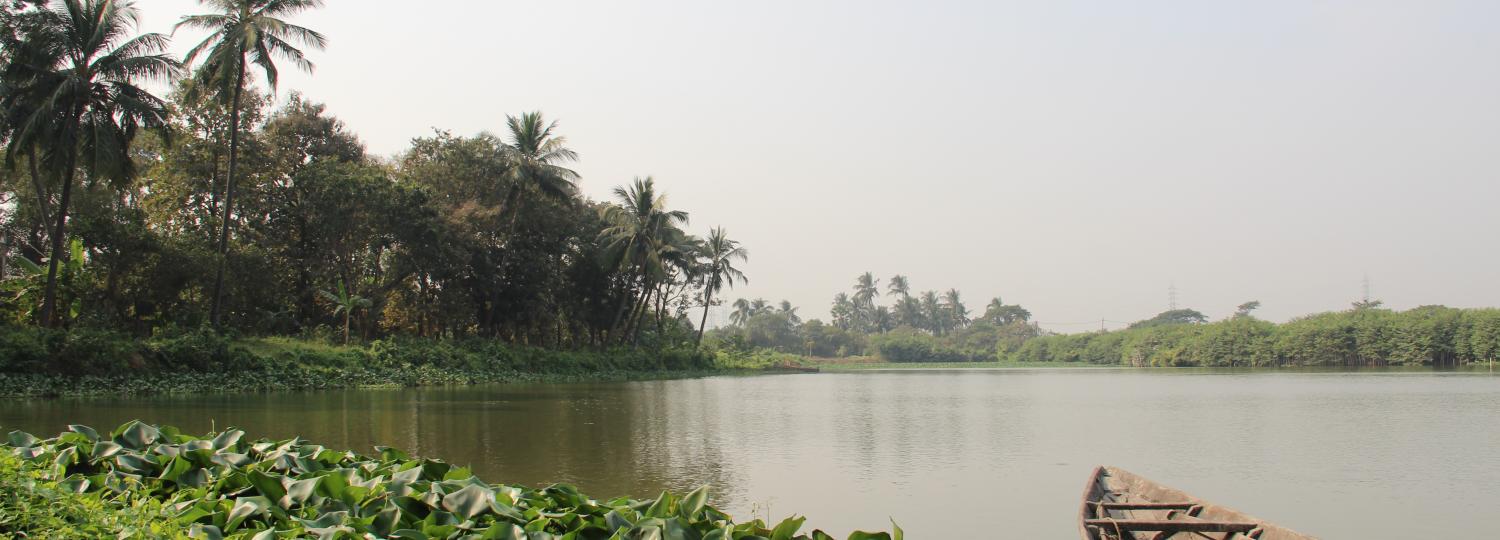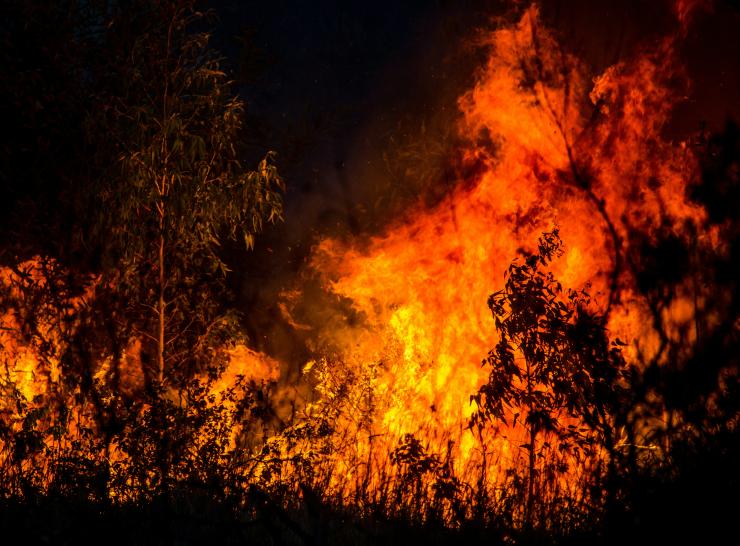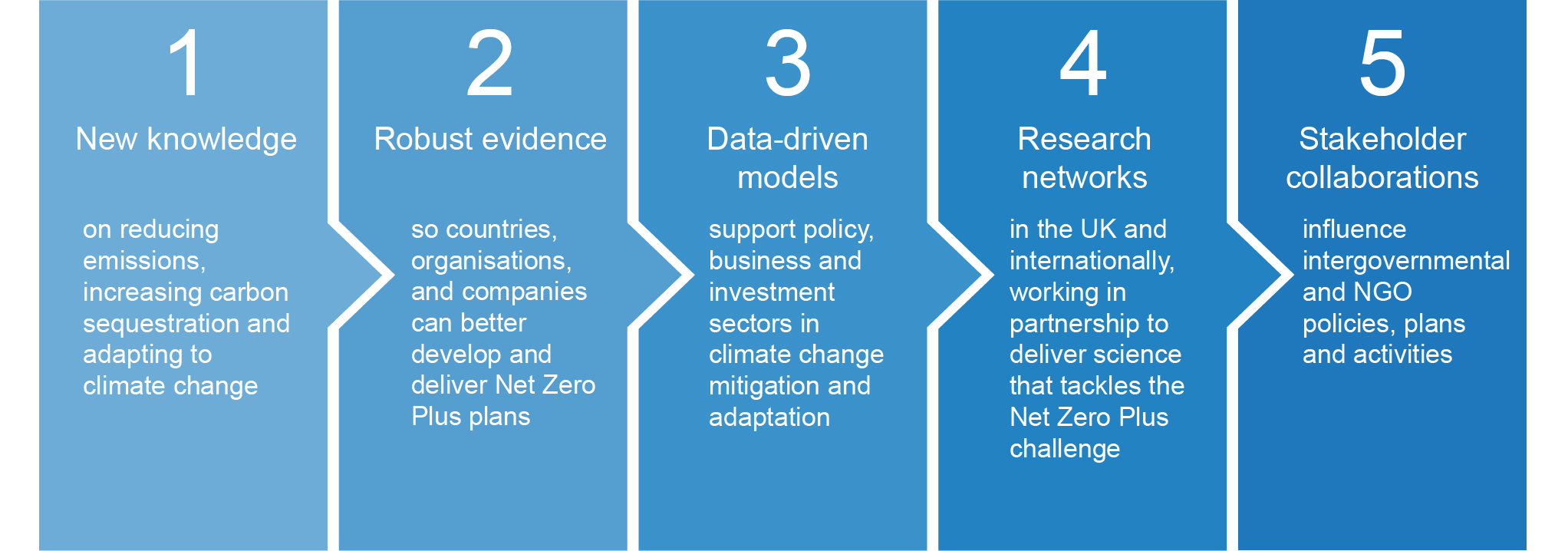Around the globe progress towards Net Zero and adaptation to climate change is underpinned by our understanding of the linkages between land and water systems.
Working closely with partners across global, Southeast Asian, and sub-Saharan organisations and initiatives, UKCEH scientists are delivering world-leading science that helps countries, organisations, and companies to develop and deliver plans to reduce emissions, increase carbon sinks of natural and managed ecosystems, and adapt and build resilience to climate change, while considering possible cascading effects and trade-offs.
The National Capability for Global Challenges programme aims to answer the following science questions:
- What changes in climate, pollution, and land management limit the land's ability to absorb more carbon now and in the future?
- What are the trade-offs and co-benefits of net-zero land-based mitigation options on food production, biodiversity, and soil, water, and air quality?
- How can we adapt to climate change and become more resilient to natural hazards like floods, droughts, fires, and extreme weather?






